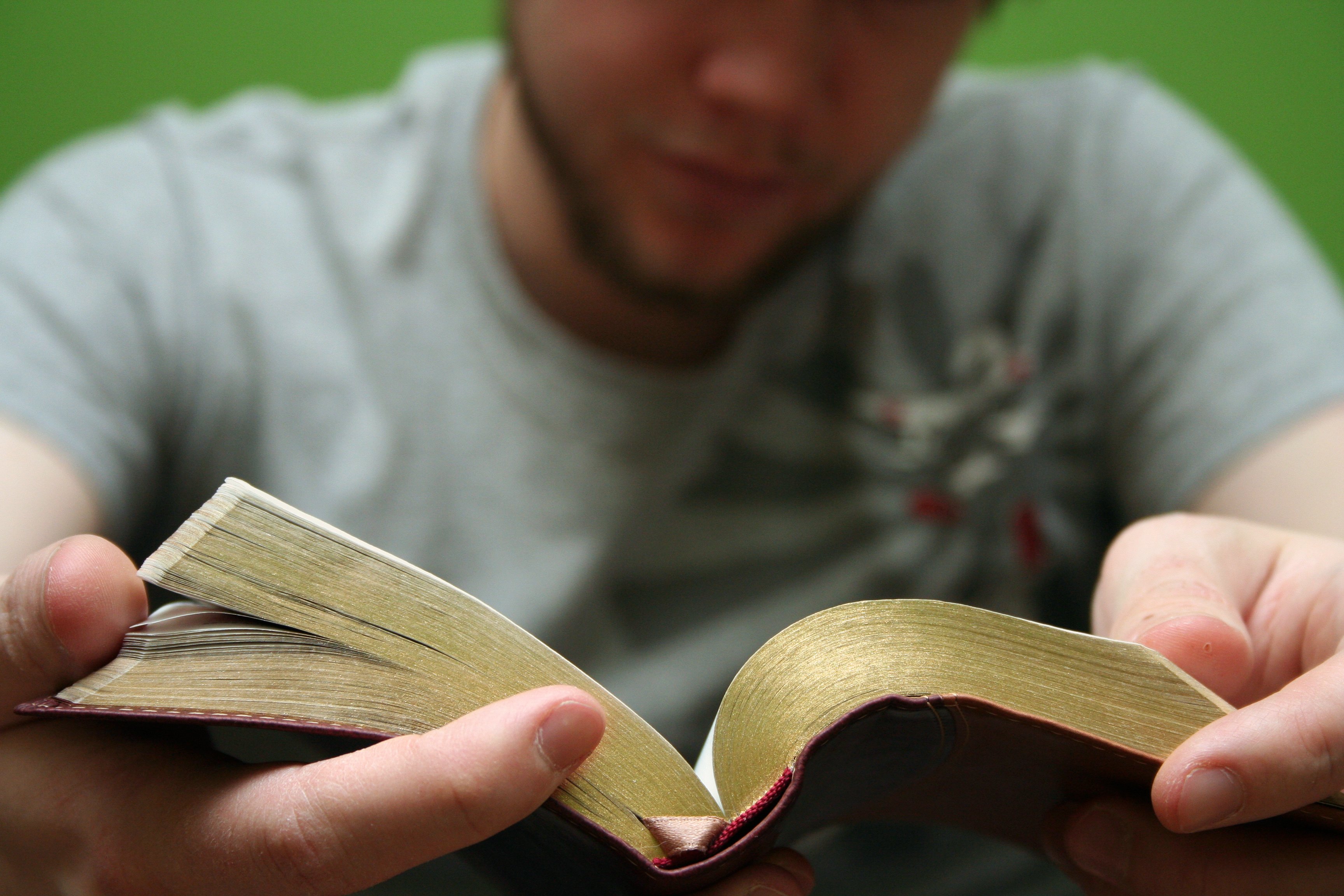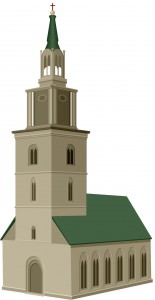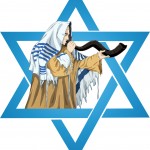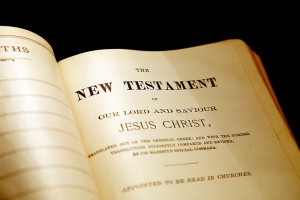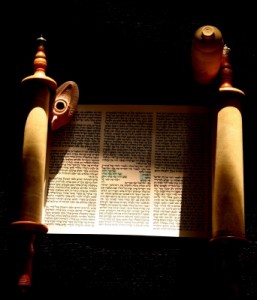The 2016-2017 Scripture reading schedule is finally out. Yeh! To obtain a printable pdf of this schedule, click on one of the links at the top of this page. Hats off to Sandi who worked long and hard to get this huge project done!
We received many inquiries from people around the world beginning early this month asking us when the new schedule would be out. It is a blessing to see how many people are using this schedule to read the Bible in a year.
As you probably know, this blog is based on that reading schedule. Moreover, if you follow it, you will have read the Bible from cover to cover in a year. The schedule is designed so that each day you read from one of the four sections of the Bible: the Torah, the Prophets (Neviim), the Writings (the Ketuvim) and the Testimony of Yeshua (the New Testament).
The readership numbers of this blog continue to increase. Many hundreds of people read it each day. Every so often, we push or exceed the one thousand mark. We give praise to YHVH Elohim for this and that we can be a blessing to so many people. This means that lives are being touched for the kingdom of Elohim as we encourage people to read the Book of Life, YHVH’s Instruction Manual to mankind. Our goal is to help make the world a better place one life at a time as people study the truth of the Word of Elohim and bring their lives into alignment with it. Ultimately, we want to see everyone receive the message of the gospel and to come into a saving, Spirit-filled relationship with Yeshua the Messiah as they show their love for him and their fellow man by obeying all of his Torah-commandments that are applicable to them the best they can. This, in a nutshell, is the answer to ALL the world’s problems!
Also, our heartfelt thanks go out to those of you who contribute financially to our ministry. If you have been blessed by our ministry, please consider contributing from time to time through the PayPal donate button on this page. There are a lot of expenses that go into putting out this blog and the Scripture reading schedule. These days, everything costs money, as you all know…everything, that is, except all the resources that this ministry gives away for free. Thank you in advance for your prayerful consideration of being obedient to the Scriptures by supporting financially those who feed you spiritually.

